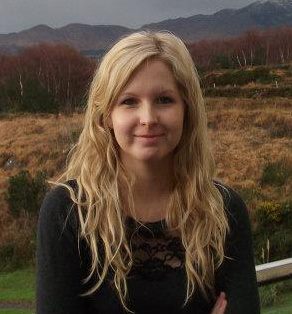General Case Studies
- A Sociology student at Queens University, Belfast, undertook research of behalf of a committee working to develop a safer dance environment for everyone at local places of entertainment and to educate young people about the use of drugs and alcohol. The committee was especially interested in whether young people remembered having drug and alcohol awareness education and in the patterns of behaviour of young people relating to these issues. The student asked young people in the area about their alcohol and drug use and the education they had received. Results showed that many of the young people have drunk alcohol, with over half of the sample having tried it at some point. A minority of the young people who completed questionnaires had tried drugs - 13% of boys and 10% of girls. Cannabis was the most common drug used, although poppers and solvents were also mentioned. Almost 90% of the young people questioned remembered having drug and alcohol education, mainly in school.
- The Amnesty International requested research on young people’s attitudes to refugees and asylum seekers. This was carried out by a Social Administration Policy student at University of Ulster, Belfast. The research showed that most of the young people interviewed had a positive attitude towards refugees and asylum seekers and would want the right to a fair asylum process if they ever had to flee persecution. The student was awarded the George Mitchell Memorial Prize for best dissertation within the School of Policy Studies
- A local residential development group wanted to record and evaluate the experiences of young people, children and their carers using an after-schools club and community playgroup in the area.
- The Ulster Cancer Foundation requested an assessment of the benefits of a smoke free workplace.
Sibling Contact for Children in Foster Care
My name is Mary Doyle. I am a foster carer with the HSE in Waterford and involved with the local branch of the Irish Foster Care Association.
In May 2010 the association first became aware of the UCC Science Shop, as it was then called, through one of our fostering link workers who is a UCC graduate. We made contact and suggested six ideas for research. Two of these subjects were researched over the following academic year.
We were delighted when, last year, the CARL team asked us if two more of our research ideas could be used. Amanda Cooper undertook a retrospective study of adults who had come through the foster care system in order to explore the value, or otherwise, of sibling contact while in care. This is an area which can be fraught for us carers who often have to facilitate this contact.
I cannot underestimate the value for us, as carers, to hear the views of young adults who have grown up in the foster care system. We need to listen to their voices, on this and many others areas of fostering, in order to improve the service provided by us and by the professionals making the decisions. We welcome the recommendation that we should have access to further training and support around sibling contact. We would be of the opinion that the quality of this contact is more important than the frequency.
When Amanda presented her findings to us at a coffee morning here in Waterford it was well received by all. We appreciate the amount of work and effort on her part.
It was a pleasure for me to work with her and the CARL team and I look forward to further collaboration in the future.

